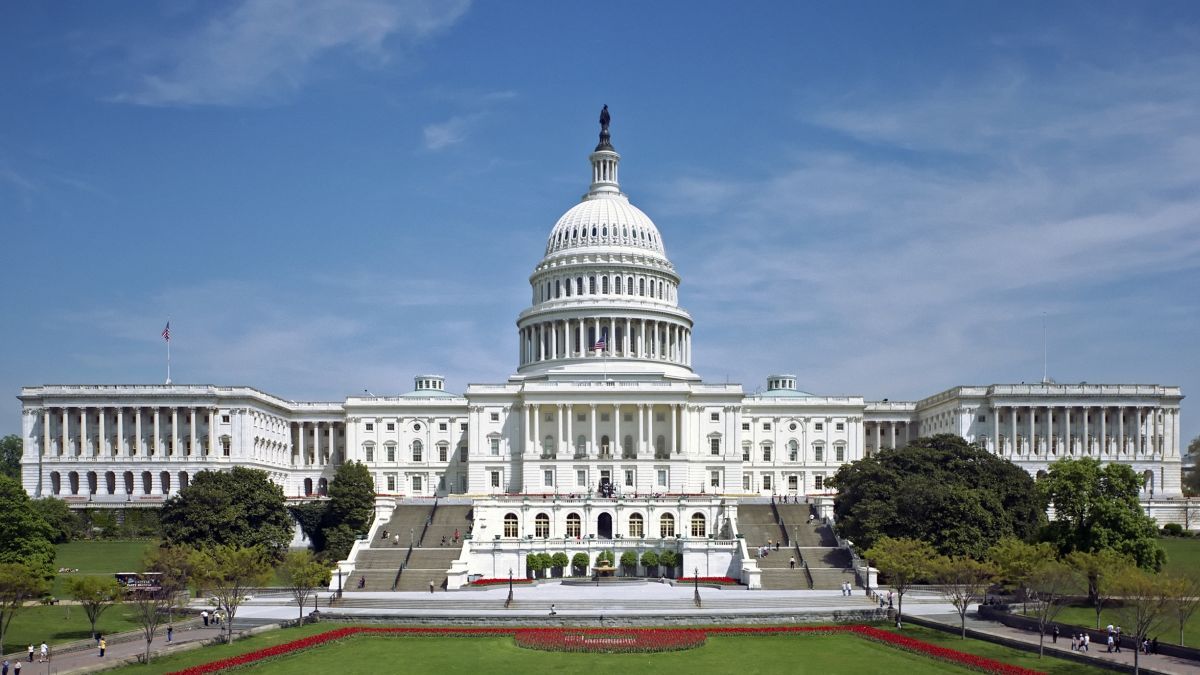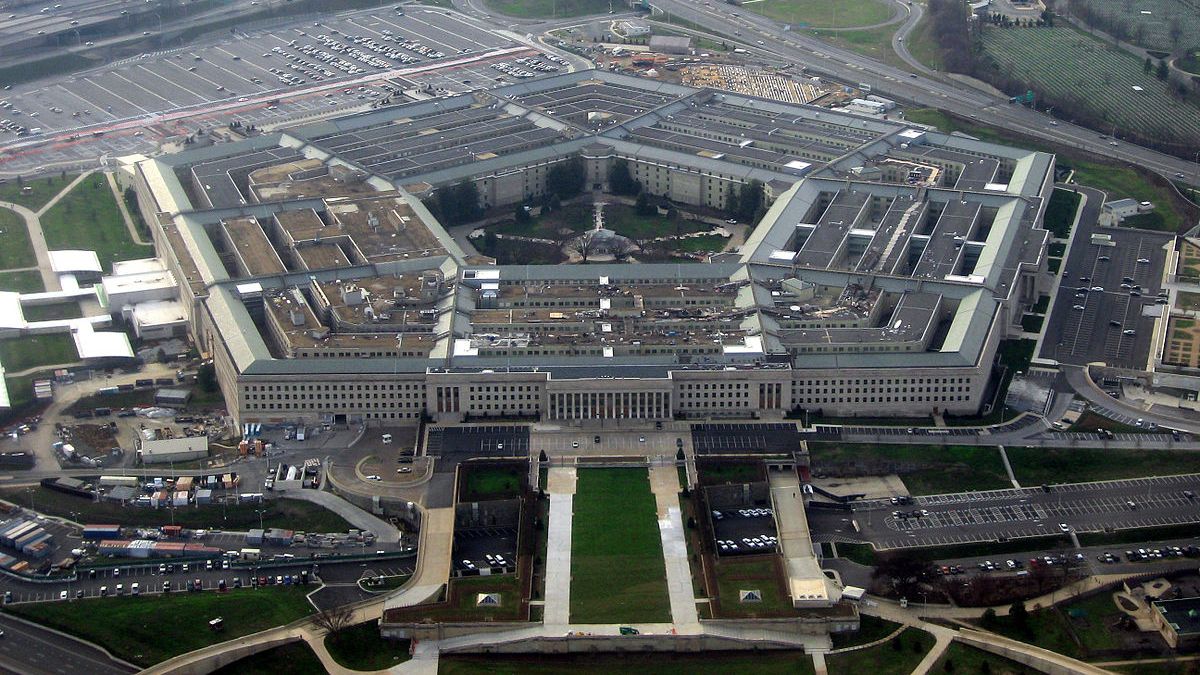This Sunday, the leaders of the House and Senate announced a spending agreement for government financing in 2024the first step to avoid a closing at the end of this monthalthough that threat still persists.
The main numbers agreed by the president of the House, Michael Johnsonand Senate Majority Leader, Chuck Schumerinclude US$1.6 trillion for fiscal year 2024, with US$886 billion for defense spending and US$704 billion in non-defense related spending. They also agreed to a secondary deal of $69 billion in adjustments that will go toward domestic, non-defense spending.
The secondary agreement brings the non-defense spending figure to almost $773 billion, with spending close to $1.7 trillion overall.
Although their agreement on funding levels will reduce the chances of a closure, There are still major hurdles facing Congress ahead of two funding deadlines.: January 19 and February 2.
One of those obstacles is how to deal with Conservative demands to use the funding bill as a lever to impose stricter demands on immigration and border security.
Congress will still have to approve financing billsor an interim resolution to avoid a closure before deadlines. And it’s still unclear how that effort will play out, even though Schumer and Johnson have an agreement on funding levels.
The far-right faction, the House Freedom Caucus, called the deal negotiated between House and Senate leaders a “total failure,” posing a challenge to Johnson, who leads an extremely narrow majority.
Opposition from the group, which is a strong and vocal party in the House GOP conference, further complicates the goal of avoiding a government shutdown.
Friction in the US Congress
Members of the Freedom Caucus have been adamant that spending levels be slashed below what congressional leaders announced on Sunday.
Johnson, in a letter to his Republican colleagues on Sunday, wrote: “We have achieved hard-negotiated concessions to unlock the FY24 cap numbers and allow the Appropriations Committee to finally begin negotiating and completing the twelve annual appropriations bills. “.
Concessions by Democrats, he said, include “an additional $10 billion reduction in mandatory IRS funding (for a total of $20 billion), which was a key part of the ‘Inflation Reduction Act.’ “In addition, we will cut $6.1 billion from the Biden Administration’s ongoing COVID-era discretionary funds, which we accomplished despite fierce opposition.”
Meanwhile, Schumer said in a statement with House Minority Leader Hakeem Jeffries that the deal on non-defense discretionary spending will allow Democrats to “protect key domestic priorities like veterans’ benefits, health care and nutritional assistance from the drastic cuts sought by right-wing extremists.
“This will also allow us to maintain investments for American working families secured by the legislative achievements of President Biden and Congressional Democrats,” they wrote. “We have made clear to House Speaker Mike Johnson that Democrats will not support including harmful policy changes in any of the twelve appropriations bills before Congress.”
President Joe Biden said on Sunday: “The bipartisan funding framework that Congressional leaders have reached brings us one step closer to avoiding an unnecessary government shutdown and protecting important national priorities“.
“It reflects the funding levels I negotiated with both parties and signed into law last spring,” Biden said in a statement.
Source: Ambito
I am a 24-year-old writer and journalist who has been working in the news industry for the past two years. I write primarily about market news, so if you’re looking for insights into what’s going on in the stock market or economic indicators, you’ve come to the right place. I also dabble in writing articles on lifestyle trends and pop culture news.




